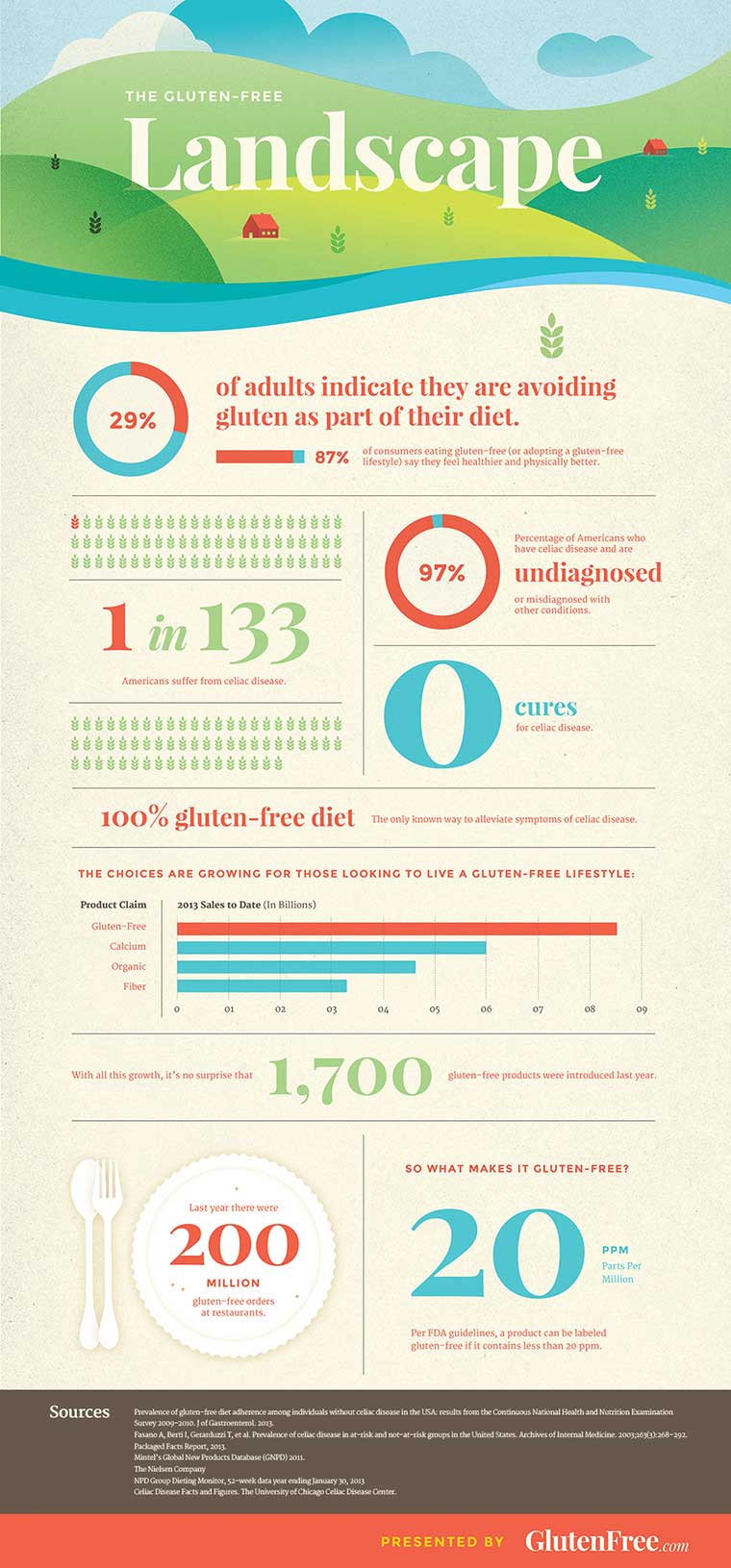The Girl Scouts just took gluten-free mainstream
Sure, gluten-free restaurants and bakeries are popping up everywhere. But the Girl Scout Cookies take the cake.


A free daily email with the biggest news stories of the day – and the best features from TheWeek.com
You are now subscribed
Your newsletter sign-up was successful
Girl Scout Cookie season is starting nationwide, weather be damned, but this year the Samoas and Tagalongs have a new colleague: Gluten Free Chocolate Chip Shortbread. Yes, in selected markets around the country, Girl Scout troops will be selling bite-sized cookies for people who have decided or been compelled to remove gluten from their diets. The timing is perfect. Gluten-free (GF) was becoming a part of our culinary landscape; now it is mainstream.
Most American cities of modest size now have at least one gluten-free bakery or restaurant, or at least eateries that cater to the GF crowd. Burger places are offering GF buns or lettuce to wrap the patty in. Some pizzerias are rising to the occasion — including Pizza Hut (in Britain, Australia, and Israel) and Domino's. And after years of unpalatable offerings, an Oregon brewery — Widmer Brothers — has finally developed a respectable GF line of craft beers, Omission, that has just gone national.
None of those has the imprimatur of mainstream acceptability that the Girl Scouts have now stamped on gluten-free eating. It isn't just the 1.8 million to three million Americans with celiac disease — estimates are hard to nail down, since every celiac disease organization says the vast majority of cases are undiagnosed — that are driving this boom in GF products. Lots of people are going gluten-free for a specific diet — like the Paleo diet — or because they say it makes them feel better (less bloated, more clear-headed, fewer irregular bowel movements). (See infographic below.)
The Week
Escape your echo chamber. Get the facts behind the news, plus analysis from multiple perspectives.

Sign up for The Week's Free Newsletters
From our morning news briefing to a weekly Good News Newsletter, get the best of The Week delivered directly to your inbox.
From our morning news briefing to a weekly Good News Newsletter, get the best of The Week delivered directly to your inbox.
There is a faddish element to going GF, but it's more than that. A 2012 study by Mayo Clinic gastroenterologist Dr. Joseph Murray found that celiac disease is four times more prevalent in the U.S. than it was 50 years ago. There are lots of theories to explain the rise in celiac and the more nebulous gluten sensitivity: After all, humans have been eating wheat and other gluten-filled grains for millennia.
The first main hypotheses is that wheat has been cross-bred to contain either more gluten or a type that is harder for people to digest. A push to develop more resilient, weather-tolerant wheat starting in the 1950s has increased the supply of food, especially in the developed world — the Green Revolution. The second theory is that Americans are simply eating more gluten in their carbohydrate and processed-food-heavy diets.
The Girl Scouts, by taking wheat flour out of their new shortbread chocolate chip cookies, are addressing the first issue — no doubt to the delight of celiac and gluten-sensitive cookie lovers everywhere. But if the problem is the increase in processed foods and store-bought baked goods, these cookies are probably just a temporary fix. Either way, they're perhaps the clearest sign yet that GF has arrived in America, it's something you'll see more of now, and it's not going away anytime soon.
Bon appetit.
A free daily email with the biggest news stories of the day – and the best features from TheWeek.com

Peter has worked as a news and culture writer and editor at The Week since the site's launch in 2008. He covers politics, world affairs, religion and cultural currents. His journalism career began as a copy editor at a financial newswire and has included editorial positions at The New York Times Magazine, Facts on File, and Oregon State University.
-
 BMW iX3: a ‘revolution’ for the German car brand
BMW iX3: a ‘revolution’ for the German car brandThe Week Recommends The electric SUV promises a ‘great balance between ride comfort and driving fun’
-
 Munich Security Conference: a showdown between Europe and Trump?
Munich Security Conference: a showdown between Europe and Trump?Today’s Big Question Report suggests European leaders believe they can no longer rely on the US for military support – but decoupling is easier said than done
-
 The Week Unwrapped: Have televised confessions quelled protests in Iran?
The Week Unwrapped: Have televised confessions quelled protests in Iran?Podcast Plus, why has Elon Musk turned from Mars to the Moon? And will the BBC prove to be a puzzles champ?
